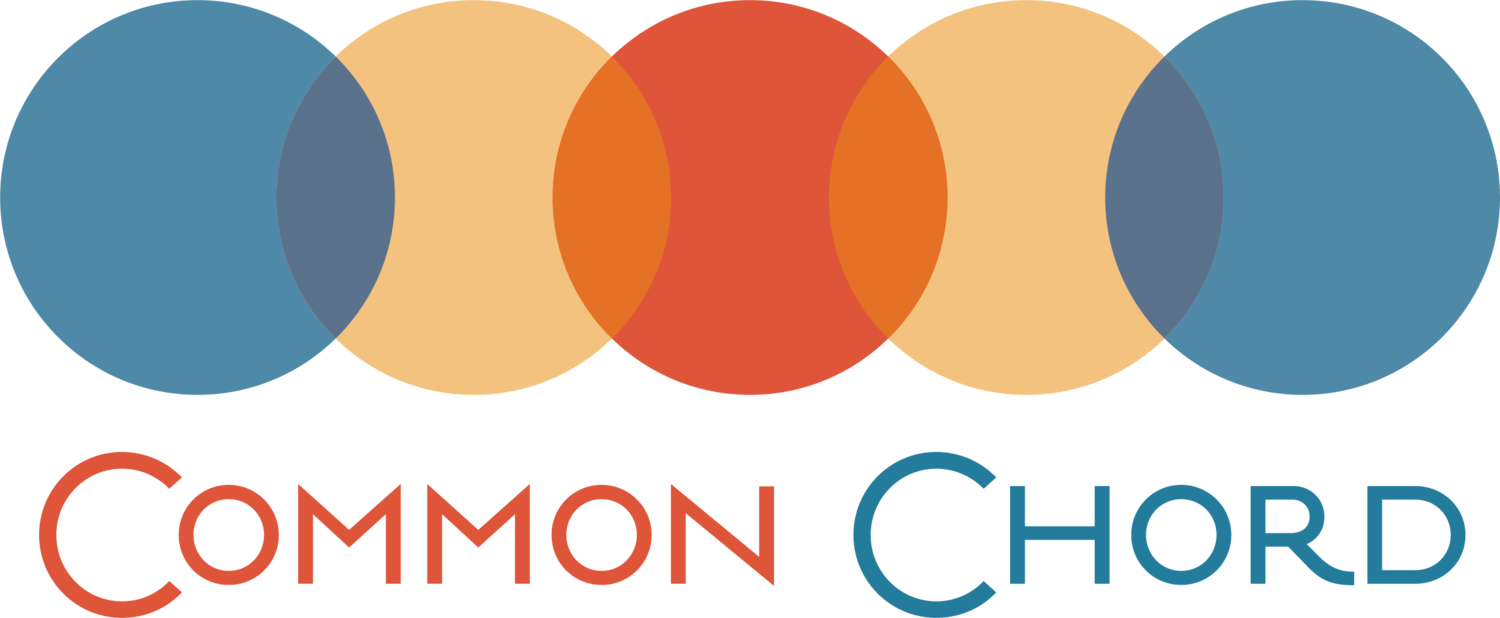When Do I Speak Up at Holiday Gatherings
It is that time of year. We gather with loved ones and most of us love doing that. We love many of the rituals and traditions and chances to catch up with each other, break bread and laugh. We don’t all love the landmines that can await in groups of people, especially if guests have been imbibing and may be less likely to hold their tongues.
Holiday times can also be stressful for families with children navigating protected identities. I watch online and listen in person to discussions about “learning to respect each other even with political differences.” And “learning to respect others’ beliefs.” In theory, of course, I completely support these notions. Yet, it just isn’t quite that simple.
My favorite quote along these lines is “I will respect your opinion as long as your opinion doesn’t disrespect anyone else’s existence.” I wish I could find the original source of that quote. I see it often in an attempt to help people understand that debating politics in our current polarizing time is often not just about a difference of theoretical opinion. About football teams, or best actor awards, or what age kids should get phones. To debate the “realness” of transgender identities is to literally deny their existence. To have an opinion that there is “a gay agenda” that includes harm to children is demonizing a group already struggling to be seen as whole loving human beings who deserve equal rights. To make huge generalizations about “rap culture” and “urban crime” in coded language that everyone knows makes negative references to Black American communities eats away at the humanity of large groups of people and contributes to harmful “othering” rhetoric.
When you are raising a child with a protected identity, such as a gender expansive or LGBTQIA+ child or a child of color, jokes, comments and political energy absolutely impact wellness. It isn’t simply politics. Currently there are clear patterns in US politics, in which the primary Democratic and Republican parties have very different platforms related to identity-related issues such as LGBTQIA+ rights, Affirmative Action, and concepts related to racial justice. A conversation about MAGA America is not just politics and opinion. MAGA supporters endorse many policies and laws that limit freedoms and work against the wellness of communities of color and LGBTQIA+ communities specifically.
All this to say there are times when it makes sense to speak up, and not simply agree to disagree. Last week I re-released the Real World Parenting podcast episode that has been the most downloaded episode. That episode with Beth Wheeler discusses ways that White people get in each other’s way when we try to do anti-racism work. A really concrete place to start doing the work is practice speaking up with friends and family. Holiday gatherings will give you the opportunity to practice. Ask yourself, “Is that comment really simply a matter of opinion?” Or is it a comment that includes bias and the minimization of harm and oppression. If it is the latter, then say something. Be an upstander, not a bystander. Even if it is imperfect. Try. Practice. Say something in a style that suits you. But say something.
Its up to us as White people, and cisgender and straight people, to speak up when hurtful or othering comments are made. The climate won’t change if we don’t. If you are parenting a child who is navigating an identity different from your own, it is extra important to learn to step in and speak up. For ideas about exactly how to do that, check out several episodes of my podcast. Thank you for being here.
Thank you for connecting,
Dr. Laura Anderson
Dr. Laura S. Anderson specializes in educating and supporting families, as well as clinicians who support transracial adoptive families, across the globe to overcome barriers, derive strength from their differences, and thrive. She is a dynamic advocate for multiracial families and a strong advocate for supporting "third culture" children and families who may need support with the stressors associated with living out of their countries of origin and kids navigating gender and diversity.
Contact Dr. Anderson here.



